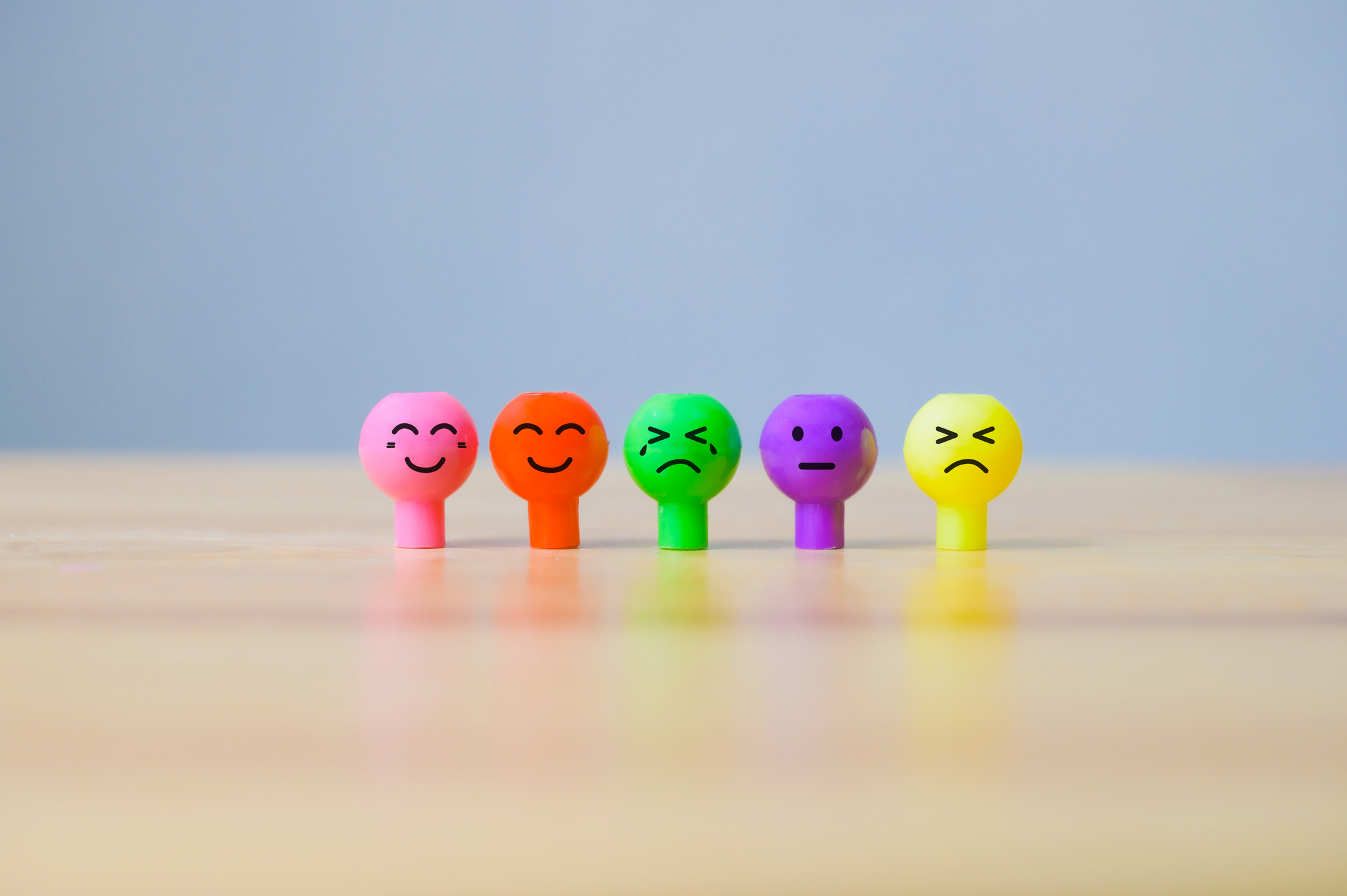A healthy mind means a healthy body – This statement is one hundred percent true.
Your mind and body are intricately interlinked with each other. Therefore, if you’re struggling with depression and anxiety, your physical health is at risk too. Consequently, your overall mental, physical, social, and emotional development will be jeopardized.
It’s crucial to seek professional help for your mental health issues as soon as possible. You can always reach health2delivery with a click if you don’t have a mental health expert near you.
An untreated mental illness can significantly increase the risk of you getting physically ill, and physical ailments may give rise to behaviors that make mental conditions worse.
Below are 10 ways your anxiety and depression can interfere with your growth.
Sleep deprivation
People who suffer from depression and anxiety often have trouble sleeping. Lack of sleep increases stress levels in your body, leaving you lethargic and exhausted.
As per basic medical science, adequate sleep is crucial to improving your body’s stress response. If you’re sleep-deprived, your body will be unable to regulate stress. More stress means more depression and anxiety; It’s a vicious cycle that continues to worsen without a break if not managed.
Sleep deprivation is also directly linked to a variety of serious health problems, including obesity, hormonal imbalance, heart diseases, diabetes, cognitive impairment, and certain types of cancer.
Poor immunity
Prolonged depression and anxiety weakens the immune system. As a result, your body isn’t able to fight off diseases as effectively. This causes inflammation which affects the healing ability of your body.
A study conducted by Dr. David Speigel and his colleagues on breast cancer patients at Stanford University showed that women with better mental health survived longer than those with degrading mental health.
This indicates that poor mental health impairs the body’s repairing process. According to Dr. Speigel, the body is intimately linked to the brain and the brain to the body. Therefore, under mental stress, your body responds the same way as it would under physical pressure.
Moreover, people with anxiety and depression are at higher risk of developing severe illnesses or autoimmune disorders like hypertension, type-2 diabetes, irritable bowel syndrome (IBS), and osteoarthritis.
Usually, while writing a prescription, a physician will only take physical ailments like high blood pressure or diabetes into account, only to wonder why some patient’s condition worsens instead of getting better.
Chronic pains
At times, your body starts aching despite having no physical health issues. You may experience chest tightening, headaches, or pain in your joints and muscles. This can be a sign of prolonged depression and anxiety.
Dr. Candice Brown from Michigan State University explained that people with depression often develop chronic pains. As a result, they’re unable to perform normally, which worsens their mental health even further.
Weight problems
Chronic depression and anxiety may alter your eating habits, which can cause you to have weight issues.
People who have a habit of stress-eating tend to experience a rapid increase in their weight. This can lead to obesity which, if not controlled, may turn into morbid obesity.
On the other hand, if your depression and anxiety make you lose your appetite, you’ll lose weight.
However, unchecked mental illness will make you lose weight continuously. According to medical health experts, being underweight affects your heart, fertility, and thermoregulation. It also causes joint stiffness, muscle cramps, and fatigue. Furthermore, undue depression can cause people to develop eating disorders (EDs) including binge-eating disorder, anorexia nervosa, and bulimia nervosa.
Cognitive impairment
Poor mental health has adverse effects on your memory, thinking, and decision-making. It also makes it difficult to concentrate and focus on a task. Such problems can make even simple routine tasks hard for you.
Dr. Spiegel expressed his thoughts by saying that mental disorders like depression and anxiety reduce the ability to think logically and responsibly. Because of this, struggling individuals end up making bad decisions in their life which in turn worsens their depression. They end up in a terrible loop with limited capacity to escape their negative mental state.
Social isolation
People with depression and chronic anxiety tend to withdraw from society and isolate themselves. This behavior worsens their feeling of loneliness, hopelessness, and misery.
Being alone with such a negative mindset can induce self-harming and suicidal behavior.
Non-productivity
It’s normal to have bouts of anxiety and depression from time to time. However, persistent depression and anxiety can disrupt your work, lifestyle, and personal relationships.
Depression also impairs your ability to decide and overcome daily life challenges. Not reaching personal goals leaves an individual feeling discouraged, worthless, and unwanted.
Substance abuse
Many people don’t seek professional support for their mental health due to the fear of stigma and prejudice. Consequently, several individuals try to self-treat their emotional pain by adopting certain habits like excessive drinking, drug abuse, or self-harm. This is how addiction is born.
Poor sexual health
People suffering from anxiety and depression become less sexually driven. As a result, they may experience difficulty in getting aroused and have little to no libido.
This negatively impacts their marital or personal relationships, which ultimately affects their physical and emotional health.
Gut issues
Prolonged depression and anxiety disturb your gastrointestinal tract. You may develop gut problems including indigestion, nausea, vomiting, constipation, stomach cramps, and in more severe cases, IBS (irritable bowel syndrome).


 Is Your Partner Cheating on You? 4 Steps to Stay Safe
Is Your Partner Cheating on You? 4 Steps to Stay Safe